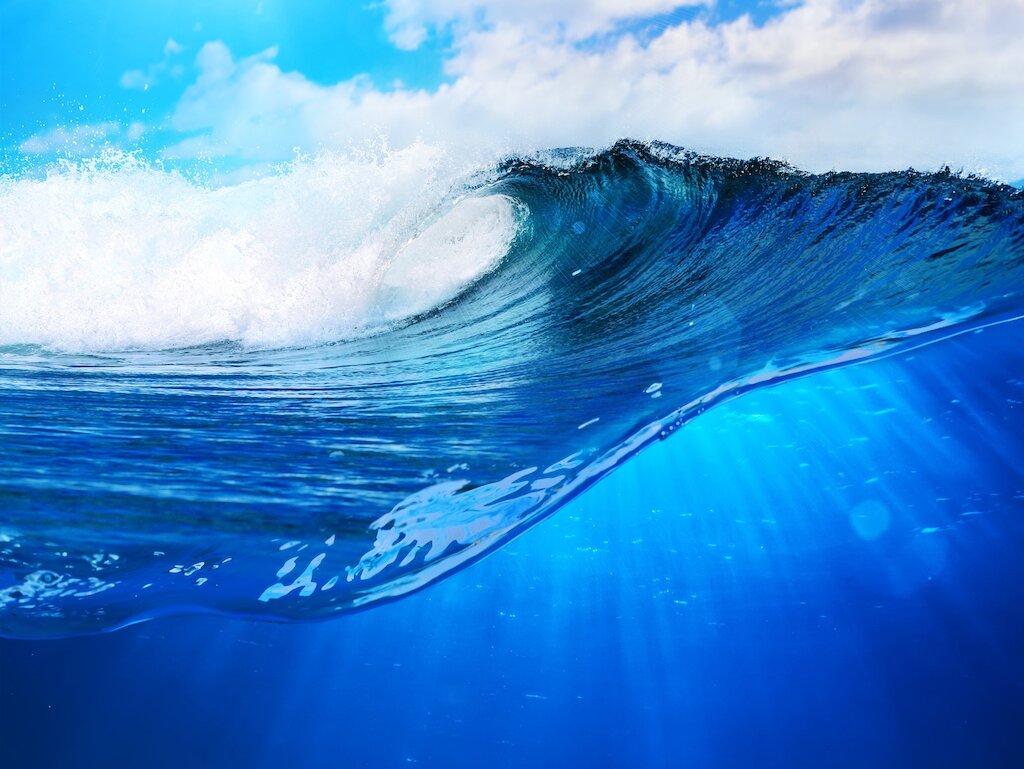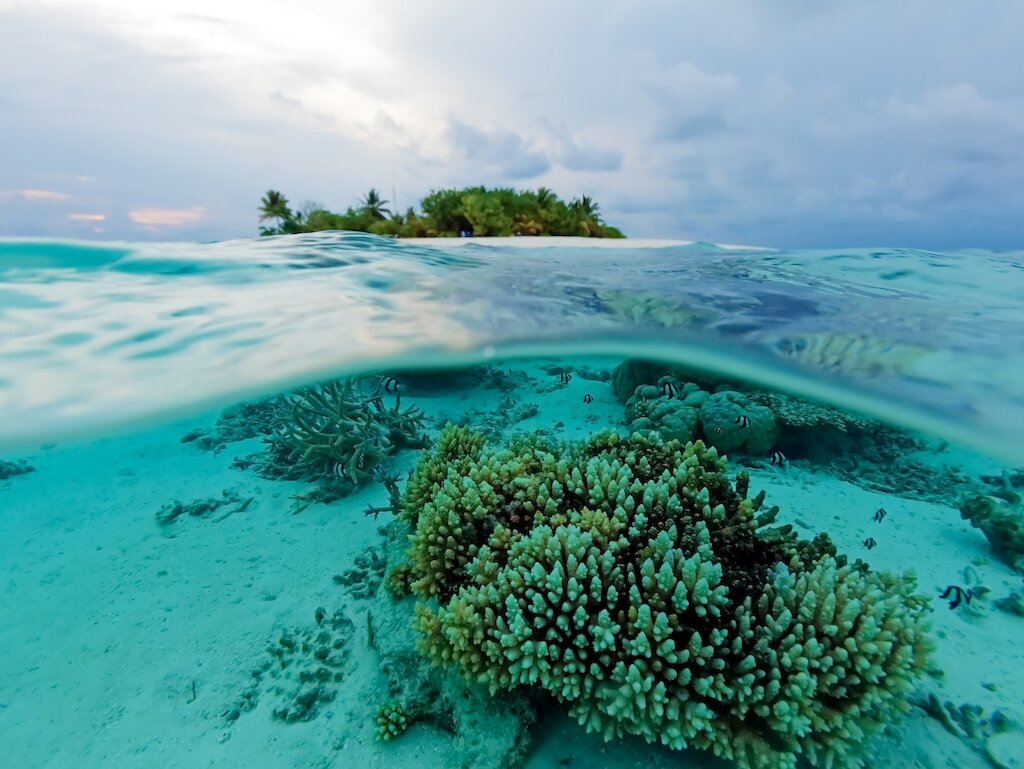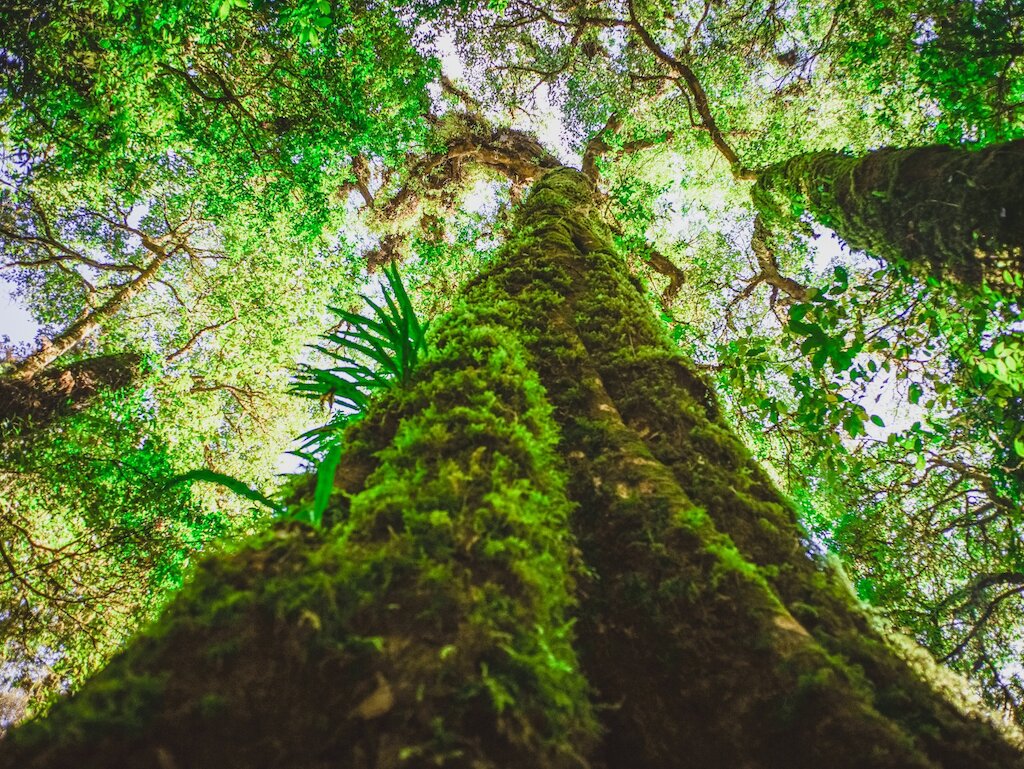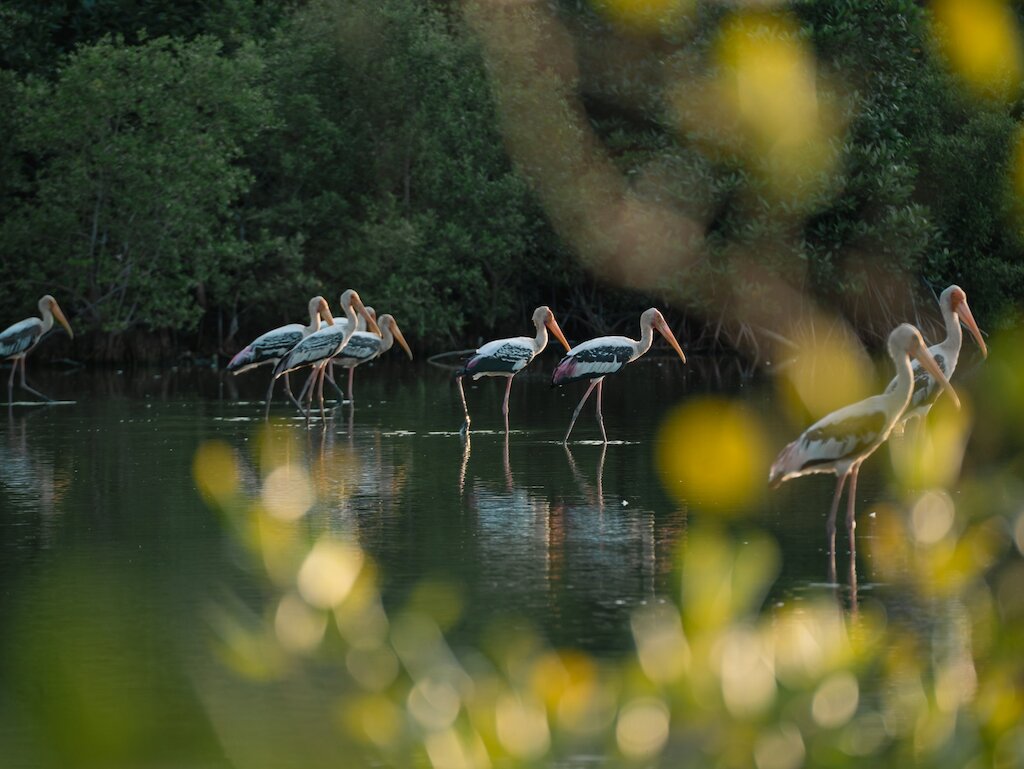Ipieca Water Working Group Chair Krish Ravishankar (Oxy) explains the importance of water and how we can manage this vital resource.
As World Water Week is currently taking place in Stockholm under the theme of 'Seeing the unseen: the value of water', it seems like a fitting time to share some thoughts on the importance of water and how we can manage this vital resource.
Water is essential to human health and wellbeing, the climate and the natural world. It provides drinking water and plays a key role in sanitation systems, farming, industry, climate change mitigation and healthy ecosystems. However, there is growing pressure on water resources driven by population growth, while almost 800 million people do not have access to clean water. Sustainable water management is a crucial challenge facing the world.
The connection between water and energy
Water is also an essential component in oil, gas and alternative energy operations, in fact almost any kind of energy resource requires water at some point in its life cycle.
At the same time, the water supply and treatment sector is a major energy user - with much of the energy needed to collect, treat and transport water produced by the oil and gas industry - and is expected to double its energy need by 2040.
The role of Ipieca and the industry in water management
Water management is a central part of the work Ipieca does. Ipieca brings experts from across its member companies together with UN, NGO, civil society and academic organizations to share knowledge and develop water management good practice guidance and tools.
Importantly, we use the reach of Ipieca members and partners to share these good practice and tools across the industry. This is important as oil and gas companies can serve as partners to achieving sustainable development and transforming our relationship with nature by integrating responsible environmental practices in their operations.
An integrated approach to water management
An approach to water management that accounts for the full impact of operations on local water resources through a process of planning, implementation, evaluation and review can help to maximise the economic and social benefits of operations without compromising the availability and quality of water resources or the sustainability of vital ecosystems.
In 2021, Ipieca released the Water management framework which facilitates an integrated approach to water resource management, addressing the multidisciplinary aspects of water management, both through the life cycle of an operation and across the value chain. It promotes a collaborative approach with stakeholders to identify and understand potential impacts on ecosystem services and the needs of other users.
Identifying and managing water risks
Oil and gas companies often manage large land areas and can be responsible for water-related ecosystems both within their operations and as part of cross-sectoral management of ecosystems. Risk management of global water issues requires an understanding of a company's water needs in relation to the local context throughout each part of the value chain.
Ipieca's Water risk assessment in the oil and gas sector supports companies to assess and respond to water risks at portfolio and site levels. We have also developed tools such as the GEMI Local Water Tool and an e-learning course to help companies to identify and address water risks.
The importance of reporting on water use
Reporting on the use of water resources provides information that can help a company develop its approach to water management, address issues of water availability for the local environment, socio-economic development and future demands, and enable engagement with local communities.
The Ipieca-IOGP-API Sustainability reporting guidance includes an environment module which covers reporting on water use and treatment.
Reduce, replace, reuse, recycle
To improve water use efficiency, companies can take a 'reduce, replace, reuse, recycle' approach to water use. The industry substitutes freshwater with lower quality or brackish water when possible. Wastewater reuse or recycling is also becoming common practice, for example in hydraulic fracturing and refining. Oil and gas companies are also putting their treated wastewater to good use, for example irrigating surrounding farms, helping to produce food and saving on freshwater use.
The Ipieca Reuse of produced water from the onshore oil and gas industry identifies the opportunities, challenges and benefits of reusing produced water, presenting several cases of successful reuse applications.
Supporting SDG6: clean water and sanitation for all
Water initiatives bring with them co-benefits including climate change mitigation and resilience, improved public health, poverty reduction, job creation...the list goes on, in fact of the SDG's 169 targets, 53 have a link to groundwater alone.
In 2017, Ipieca partnered with the UNDP and IFC to produce the SDG Atlas. It presents the SDGs goal by goal, including SDG6, focusing on the contribution the industry can make to each one by integrating them into business operations and collaborating with other stakeholders. In 2021, with WBCSD, we published the SDG Roadmap. It includes over 90 actions for Ipieca and industry across three systemic areas of climate, nature and people to accelerate SDG impact. The nature theme includes impact opportunities on biodiversity, land and water stewardship.
Collaborating on a shared challenge
Collaboration is essential to address the increasing demands on water resources. An integrated water management approach involving government leadership and participation from a range of actors can oversee water usage and protect supply.
As water demand increases, we must collectively scale up our action on sustainable water management. The challenge is big but so is the reward. Get it right and we can ensure access to clean water and sanitation for all and help to mitigate climate change, reverse nature loss and achieve the SDGs.



